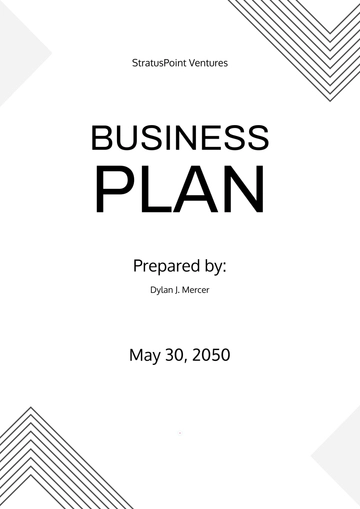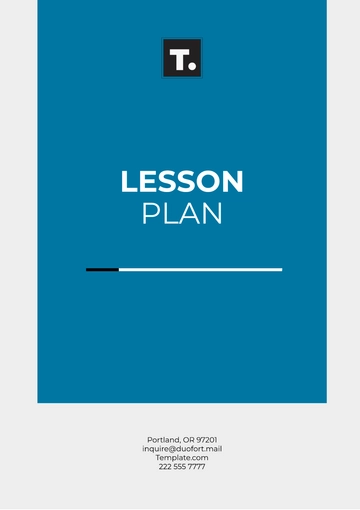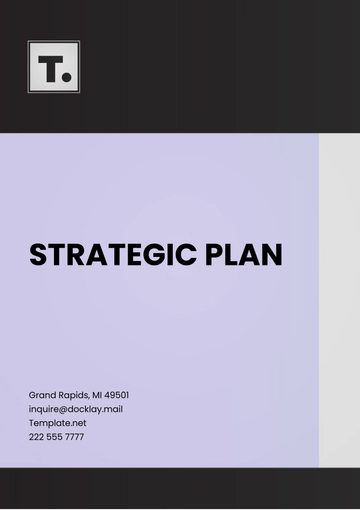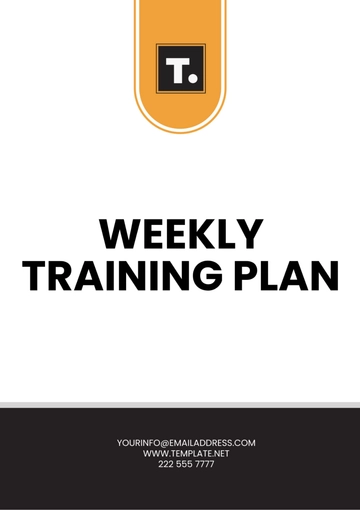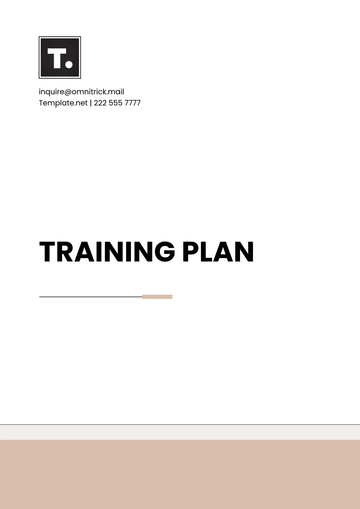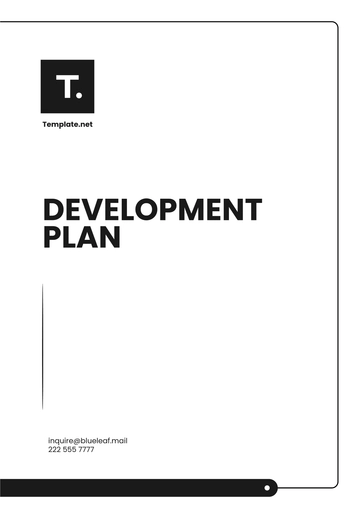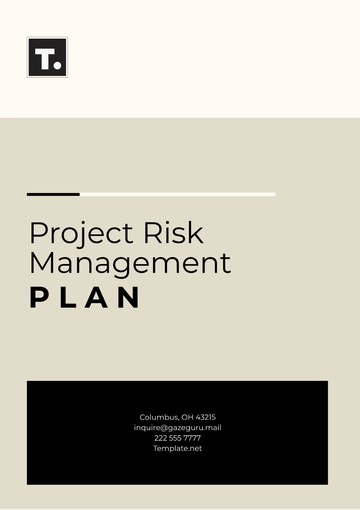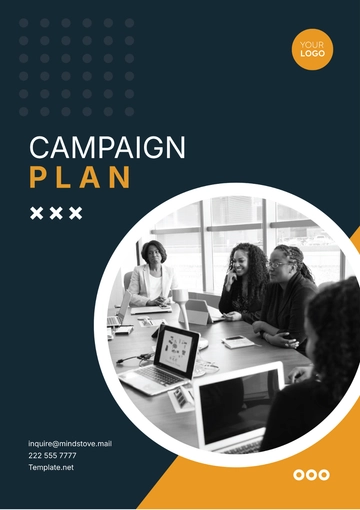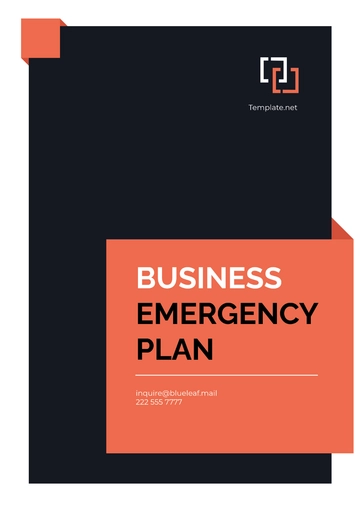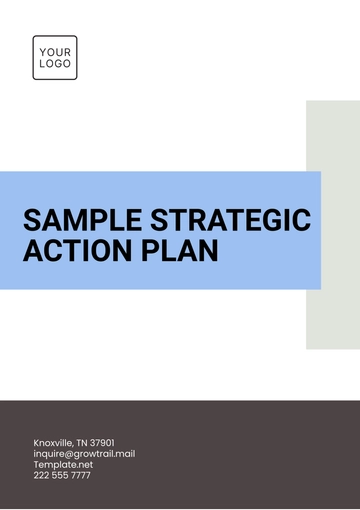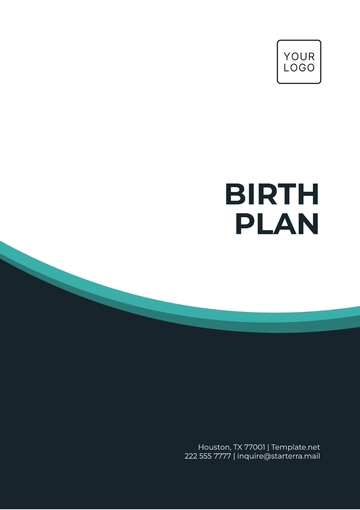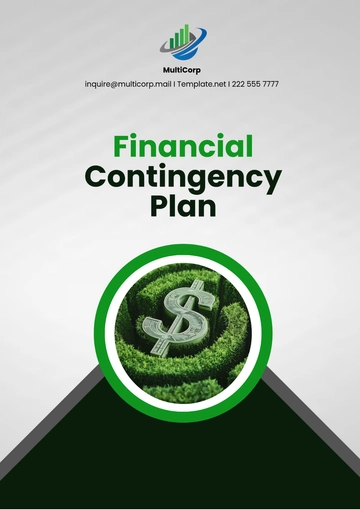Free Leadership Development Training Plan
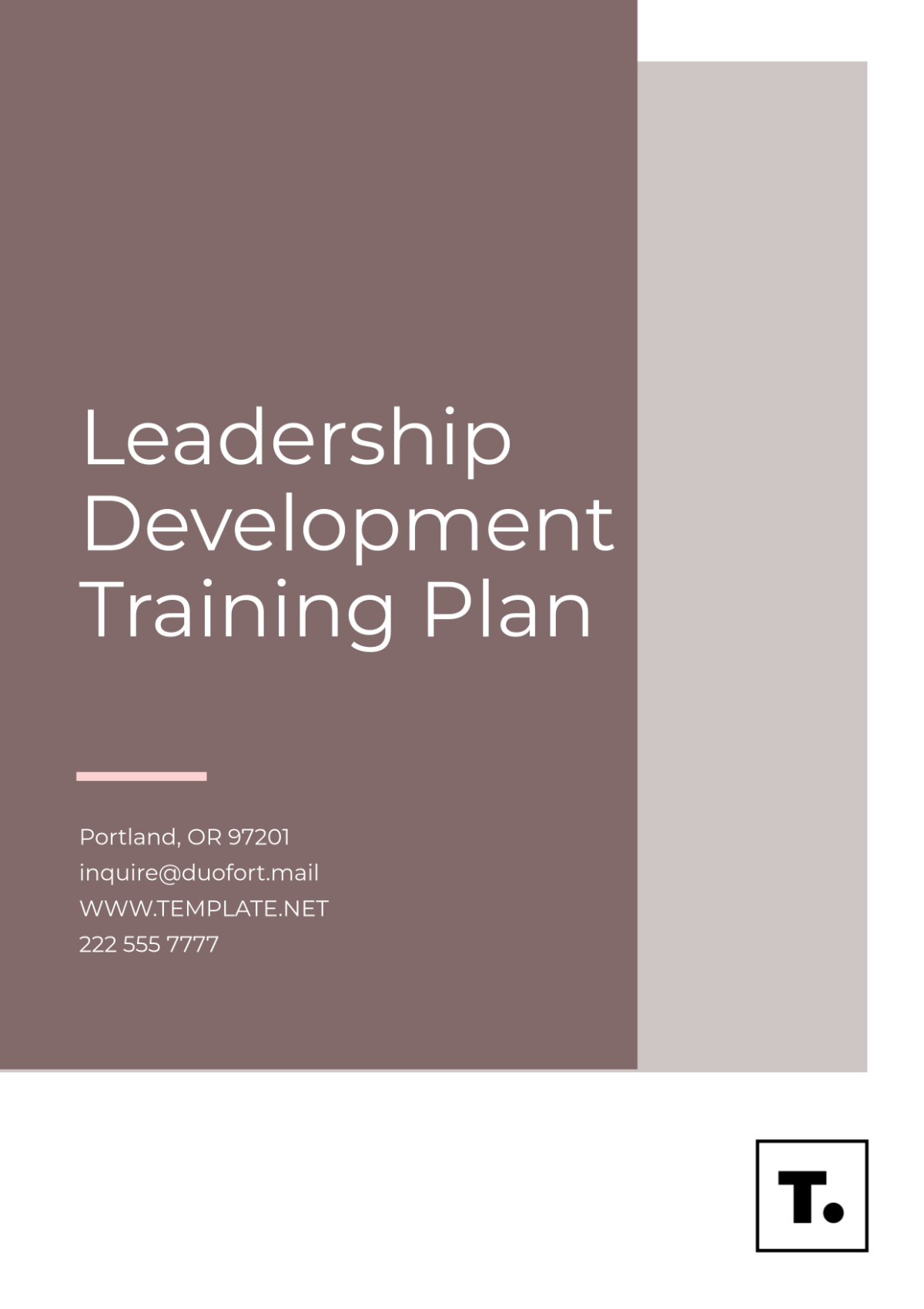
I. Introduction
The Leadership Development Training Plan provides a structured framework designed to nurture and enhance the leadership capabilities of participants. It aims to foster a culture of effective leadership that drives both personal growth and organizational success. By focusing on essential leadership skills, this program ensures that participants develop the knowledge, skills, and abilities required to excel in dynamic leadership roles.
II. Objectives of the Training Program
The primary objectives of the Leadership Development Training Program are to:
Foster Leadership Skills: Equip participants with the core leadership competencies necessary for effective leadership and team management.
Enhance Decision-making and Problem-solving: Enable leaders to make informed decisions, develop critical thinking abilities, and approach challenges with confidence.
Develop Strategic Thinking and Vision: Cultivate the ability to set clear goals, think long-term, and align individual goals with broader organizational objectives.
Improve Communication and Interpersonal Skills: Help leaders effectively communicate their ideas and collaborate with diverse teams.
Build Emotional Intelligence and Resilience: Strengthen self-awareness and the ability to manage emotions under pressure, ensuring adaptive leadership in challenging situations.
III. Training Modules
1. Module 1: Self-awareness and Personal Development
This module focuses on building self-awareness by identifying leadership styles, strengths, and areas for improvement.
Session | Topics | Duration |
|---|---|---|
Session 1 | Understanding Leadership Styles | 2 hours |
Session 2 | Personal SWOT Analysis | 2 hours |
Session 3 | Setting Personal Development Goals | 2 hours |
Learning Outcomes: Participants will understand their leadership style and gain insights into personal growth strategies.
2. Module 2: Strategic Thinking and Vision
This module emphasizes the development of strategic vision and aligning personal goals with organizational objectives.
Session | Topics | Duration |
|---|---|---|
Session 1 | Setting Strategic Goals | 3 hours |
Session 2 | Visionary Leadership | 2 hours |
Session 3 | Developing a Long-Term Vision | 3 hours |
Learning Outcomes: Participants will develop a strategic mindset, align their vision with the organization, and learn to anticipate future challenges.
3. Module 3: Effective Communication and Interpersonal Skills
This module focuses on the development of communication skills vital for leadership success.
Session | Topics | Duration |
|---|---|---|
Session 1 | Active Listening Techniques | 2 hours |
Session 2 | Building Trust and Rapport | 3 hours |
Session 3 | Conflict Resolution Skills | 2 hours |
Learning Outcomes: Participants will enhance their ability to listen actively, build trust within teams, and resolve conflicts effectively.
4. Module 4: Decision-Making and Problem-Solving
This module develops participants’ ability to make timely, informed decisions and solve problems in innovative ways.
Session | Topics | Duration |
|---|---|---|
Session 1 | Analytical Decision Making | 2 hours |
Session 2 | Creative Problem-Solving Techniques | 3 hours |
Session 3 | Managing Uncertainty and Risk | 2 hours |
Learning Outcomes: Participants will develop a structured approach to decision-making and enhance their ability to solve complex problems.
IV. Training Methodologies
The training program will utilize a variety of methodologies to ensure effective learning and engagement:
Interactive Workshops: Facilitated sessions promoting active participation and practical application of leadership principles.
Case Studies Analysis: In-depth exploration of real-world leadership scenarios to analyze decisions and their outcomes.
Role-playing and Simulations: Engaging activities that allow participants to practice leadership in realistic settings.
Peer Feedback and Coaching: Collaborative learning environment where peers provide constructive feedback and support each other’s development.
Reflective Journals: Regular journaling activities to encourage self-reflection and personal growth tracking.
V. Key Performance Indicators (KPIs) and Evaluation
The effectiveness of the training program will be assessed through various methods:
Pre and Post-Training Assessments: Participants will complete assessments before and after the training to measure knowledge gained and skills developed.
Feedback Surveys: Participants and facilitators will provide feedback on the training content, delivery, and outcomes.
Observation and Active Participation: Facilitators will assess participant engagement and participation during sessions.
Performance Improvement Metrics: Tracking improvements in leadership-related behaviors and key organizational outcomes (e.g., team performance, employee engagement).
Post-Training Success Stories: Documenting real-world examples where participants applied their new skills successfully.
VI. Training Duration and Schedule
The training program spans 4 weeks, with 3 sessions per week. The schedule includes a mix of in-person and online sessions to accommodate participant availability.
Total Program Duration: 4 weeks
Total Hours of Training: 40 hours (including workshops, case studies, and interactive activities)
Schedule:
Week | Module | Session Days | Hours |
|---|---|---|---|
Week 1 | Self-awareness and Personal Development | Monday, Wednesday, Friday | 12 hours |
Week 2 | Strategic Thinking and Vision | Monday, Wednesday, Friday | 12 hours |
Week 3 | Effective Communication and Interpersonal Skills | Monday, Wednesday, Friday | 12 hours |
Week 4 | Decision-Making and Problem-Solving | Monday, Wednesday | 8 hours |
VII. Participant Support and Follow-up
Coaching Sessions: Post-program coaching sessions to reinforce learning and address challenges encountered during implementation.
Alumni Network: Access to an alumni network where participants can continue sharing experiences and learning from one another.
Ongoing Learning Resources: Participants will be provided with access to leadership development materials, webinars, and workshops for continuous growth.
VIII. Conclusion
The Leadership Development Training Plan is designed to equip emerging and current leaders with the skills required to navigate the complexities of modern organizational challenges. By incorporating strategic vision, enhanced communication, decision-making skills, and emotional intelligence, the program ensures that participants are not only prepared to lead but also to inspire and innovate in their roles.
- 100% Customizable, free editor
- Access 1 Million+ Templates, photo’s & graphics
- Download or share as a template
- Click and replace photos, graphics, text, backgrounds
- Resize, crop, AI write & more
- Access advanced editor
Unlock team potential with Template.net's Leadership Development Training Plan Template. This fully customizable and editable template helps you design a structured, impactful leadership program effortlessly. Editable in our Ai Editor Tool, it’s designed for flexibility and ease, allowing you to tailor your plan to meet your team’s specific growth goals and leadership needs.
You may also like
- Finance Plan
- Construction Plan
- Sales Plan
- Development Plan
- Career Plan
- Budget Plan
- HR Plan
- Education Plan
- Transition Plan
- Work Plan
- Training Plan
- Communication Plan
- Operation Plan
- Health And Safety Plan
- Strategy Plan
- Professional Development Plan
- Advertising Plan
- Risk Management Plan
- Restaurant Plan
- School Plan
- Nursing Home Patient Care Plan
- Nursing Care Plan
- Plan Event
- Startup Plan
- Social Media Plan
- Staffing Plan
- Annual Plan
- Content Plan
- Payment Plan
- Implementation Plan
- Hotel Plan
- Workout Plan
- Accounting Plan
- Campaign Plan
- Essay Plan
- 30 60 90 Day Plan
- Research Plan
- Recruitment Plan
- 90 Day Plan
- Quarterly Plan
- Emergency Plan
- 5 Year Plan
- Gym Plan
- Personal Plan
- IT and Software Plan
- Treatment Plan
- Real Estate Plan
- Law Firm Plan
- Healthcare Plan
- Improvement Plan
- Media Plan
- 5 Year Business Plan
- Learning Plan
- Marketing Campaign Plan
- Travel Agency Plan
- Cleaning Services Plan
- Interior Design Plan
- Performance Plan
- PR Plan
- Birth Plan
- Life Plan
- SEO Plan
- Disaster Recovery Plan
- Continuity Plan
- Launch Plan
- Legal Plan
- Behavior Plan
- Performance Improvement Plan
- Salon Plan
- Security Plan
- Security Management Plan
- Employee Development Plan
- Quality Plan
- Service Improvement Plan
- Growth Plan
- Incident Response Plan
- Basketball Plan
- Emergency Action Plan
- Product Launch Plan
- Spa Plan
- Employee Training Plan
- Data Analysis Plan
- Employee Action Plan
- Territory Plan
- Audit Plan
- Classroom Plan
- Activity Plan
- Parenting Plan
- Care Plan
- Project Execution Plan
- Exercise Plan
- Internship Plan
- Software Development Plan
- Continuous Improvement Plan
- Leave Plan
- 90 Day Sales Plan
- Advertising Agency Plan
- Employee Transition Plan
- Smart Action Plan
- Workplace Safety Plan
- Behavior Change Plan
- Contingency Plan
- Continuity of Operations Plan
- Health Plan
- Quality Control Plan
- Self Plan
- Sports Development Plan
- Change Management Plan
- Ecommerce Plan
- Personal Financial Plan
- Process Improvement Plan
- 30-60-90 Day Sales Plan
- Crisis Management Plan
- Engagement Plan
- Execution Plan
- Pandemic Plan
- Quality Assurance Plan
- Service Continuity Plan
- Agile Project Plan
- Fundraising Plan
- Job Transition Plan
- Asset Maintenance Plan
- Maintenance Plan
- Software Test Plan
- Staff Training and Development Plan
- 3 Year Plan
- Brand Activation Plan
- Release Plan
- Resource Plan
- Risk Mitigation Plan
- Teacher Plan
- 30 60 90 Day Plan for New Manager
- Food Safety Plan
- Food Truck Plan
- Hiring Plan
- Quality Management Plan
- Wellness Plan
- Behavior Intervention Plan
- Bonus Plan
- Investment Plan
- Maternity Leave Plan
- Pandemic Response Plan
- Succession Planning
- Coaching Plan
- Configuration Management Plan
- Remote Work Plan
- Self Care Plan
- Teaching Plan
- 100-Day Plan
- HACCP Plan
- Student Plan
- Sustainability Plan
- 30 60 90 Day Plan for Interview
- Access Plan
- Site Specific Safety Plan


